Frederica Freyberg:
Ho-Chunk Nation’s Legislature moved to decriminalize cannabis on its tribal lands. It’s a move, they say, that doesn’t fully legalize marijuana. Still, it raises legal questions as the drug is still illegal federally and in Wisconsin. Joining us to address these questions is the Ho-Chunk Nation Attorney General William Gardner. Thanks very much for being here.
William Gardner:
Thanks for inviting me.
Frederica Freyberg:
Tell me, why did the Ho-Chunk vote to decriminalize cannabis?
William Gardner:
It has been in the process of consideration by the Ho-chunk Nation since 2015. In 2015, the general council got together and made a request that the legislature consider and research moving into the marijuana field in the sense of what can they do for economic expansion. At that point in time, there was a start of a process and then the commitment was made that they would continue to do the research and in an effort to put the nation in the best possible position once and if any form of legalization occurred. They move forward with that effort, which has been continuing over the years, with decriminalizing marijuana within the Ho-Chunk Nation statutes, more than likely to begin preparing for the potential of change of the marijuana rules under the Controlled Substance Act from a schedule 1 to a schedule 3 drug. So it’s all been positioning and this is, for the most part, groundwork.
Frederica Freyberg:
How does decriminalizing cannabis on tribal lands square with state and federal law under which it remains illegal?
William Gardner:
The decriminalization, as you may know or as others may not know, basically removes the potential for a crime violation or a conviction of a crime from somebody who may be arrested or charged with a crime under the current codes. All of the illegalities of using marijuana are still in effect throughout the state of Wisconsin, as well as through the Ho-Chunk lands. But if the tribal member is in possession of an amount of marijuana on tribal lands, the decriminalization affects that individual by the tribal police not filing a criminal charge against that individual and they wouldn’t have to look — look forward to is the wrong word, but they wouldn’t have to worry about getting a criminal record that might affect education or housing applications or things of the sort. So that’s something that we see as a benefit to tribal members. But it’s not in any way bumping shoulders against legality. We’re fully aware that marijuana is still illegal.
Frederica Freyberg:
Do you expect the Ho-Chunk vote to decriminalize will kind of help prod the state of Wisconsin to move in the same direction?
William Gardner:
I know that there are some tribes that are getting themselves together to lobby in order to move forward, but I think that it’s going to be a continuing effort to try and get something done, perhaps in the medical marijuana field, but I’m not certain it’s just that.
Frederica Freyberg:
Is it the sense among the tribal nation that decriminalizing cannabis could potentially help reduce opioid use, the abuse of which is a problem statewide and for tribal nations?
William Gardner:
I think there’s a sense generally across the nation perhaps, I won’t speak for other tribes, but there has been discussion here regarding reports that those states that have opened up with legalization of marijuana are beginning to find that the opioid use that they had had at the start of their opening up is reducing and dropping down. There’s also some additional studies that are beginning to surface dealing with the effects of medicinal marijuana and dealing with various health aspects, which also include opioid addiction and things of that nature. So we’re watching it. It’s too early to tell. There are not a lot of studies because, as you may know, there are not a lot of people who can do studies in this area, considering the illegality across the nation.
Frederica Freyberg:
Well, we leave it there and we will watch this as it progresses. Attorney General William Gardner, thanks very much.
William Gardner:
Good. Thank you.
Search Episodes
News Stories from PBS Wisconsin
04/29/25
Wisconsin Supreme Court suspends judge who is accused of helping man evade immigration agents

Donate to sign up. Activate and sign in to Passport. It's that easy to help PBS Wisconsin serve your community through media that educates, inspires, and entertains.
Make your membership gift today
Only for new users: Activate Passport using your code or email address
Already a member?
Look up my account
Need some help? Go to FAQ or visit PBS Passport Help
Need help accessing PBS Wisconsin anywhere?

Online Access | Platform & Device Access | Cable or Satellite Access | Over-The-Air Access
Visit Access Guide
Need help accessing PBS Wisconsin anywhere?

Visit Our
Live TV Access Guide
Online AccessPlatform & Device Access
Cable or Satellite Access
Over-The-Air Access
Visit Access Guide
 Passport
Passport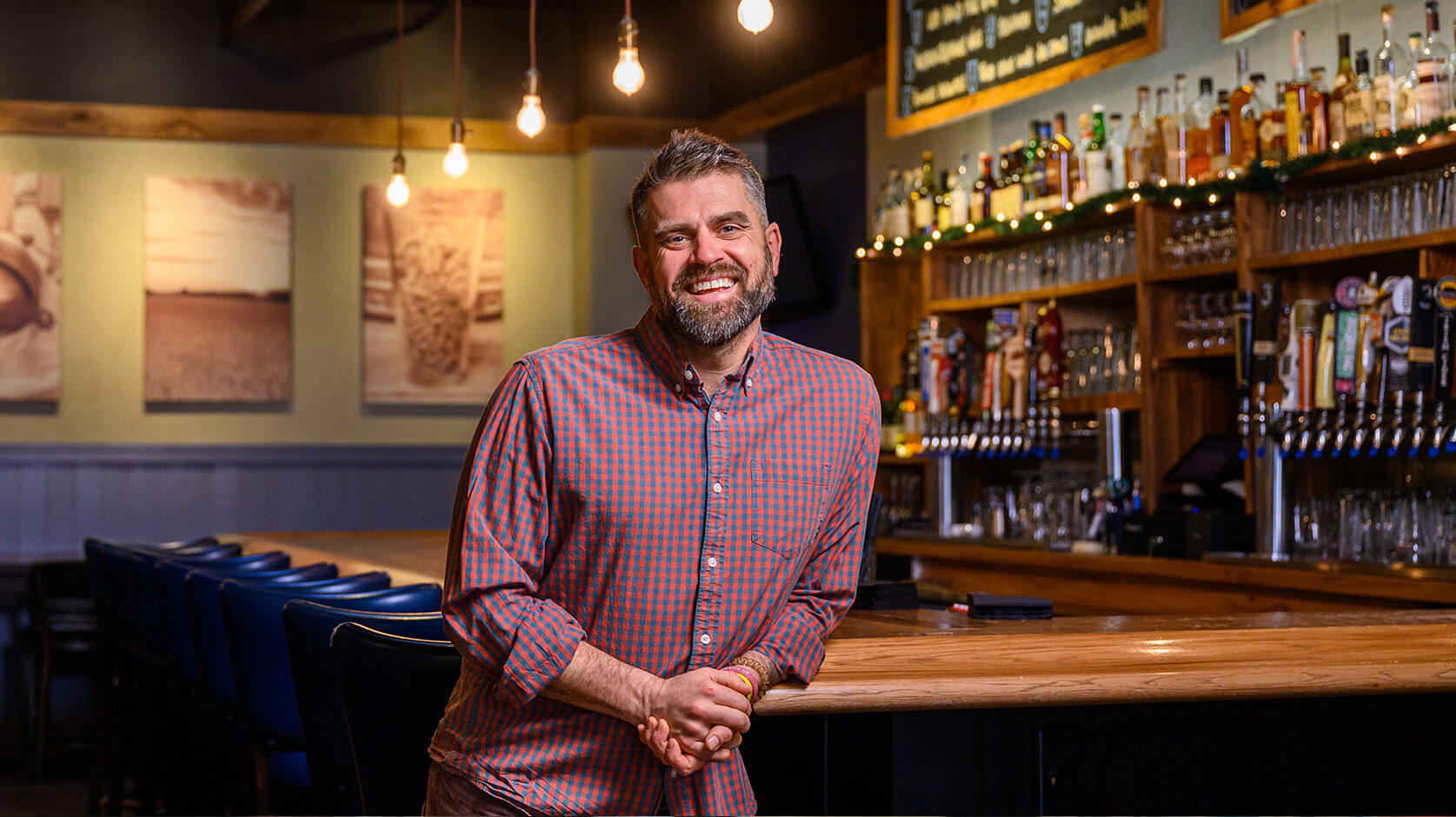

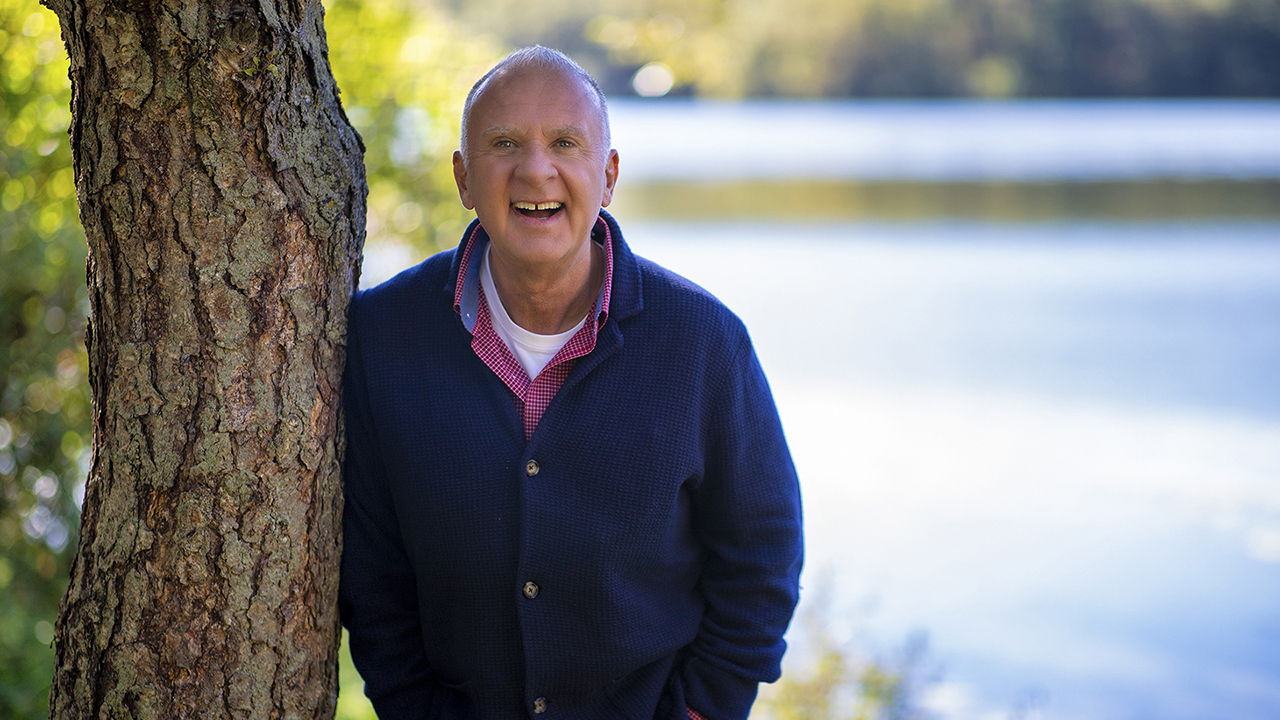
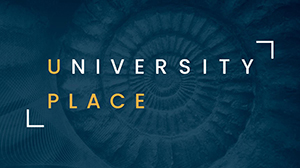
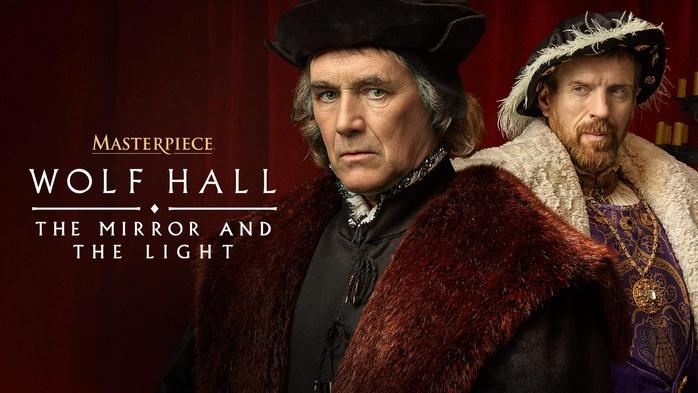

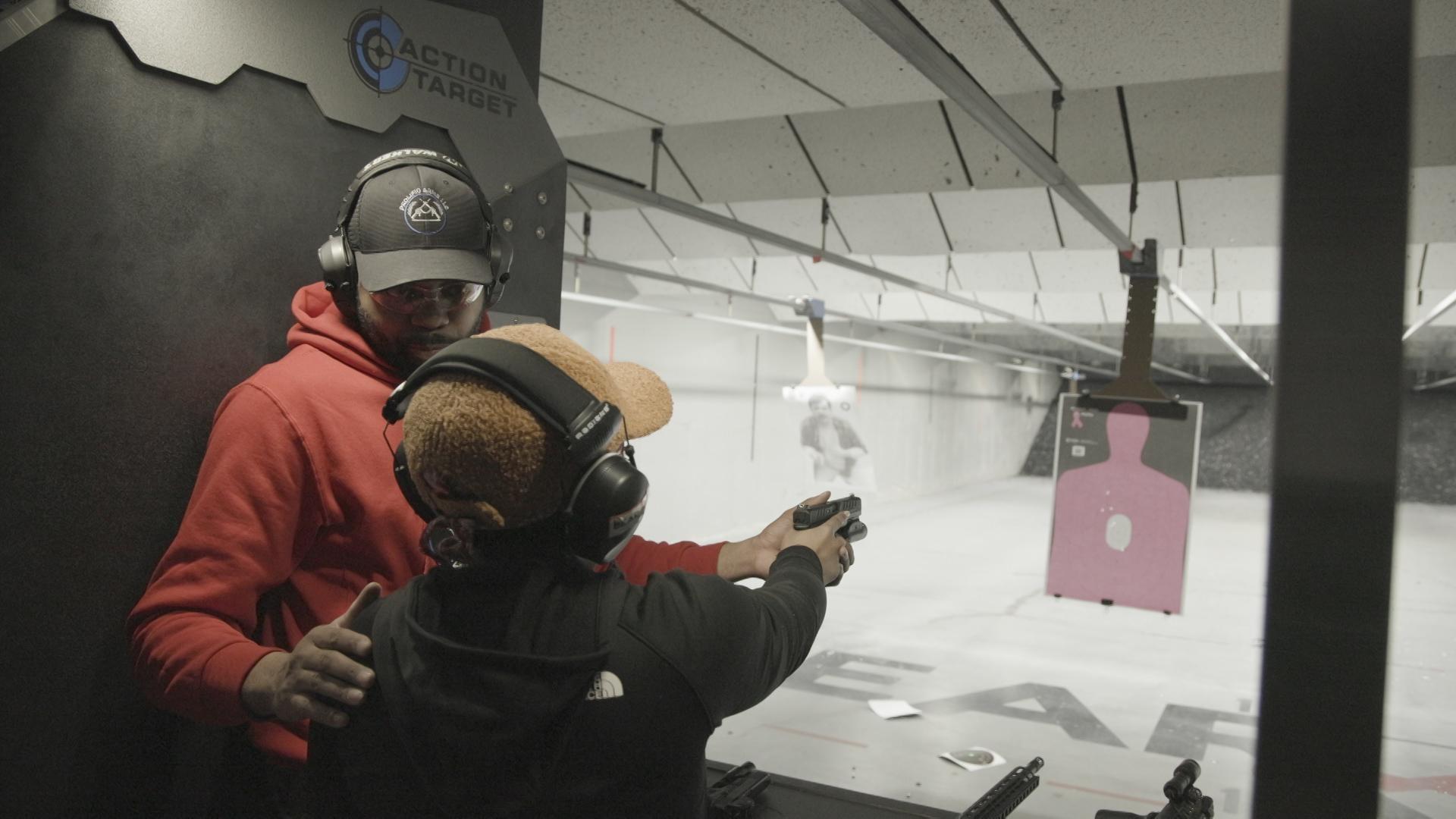
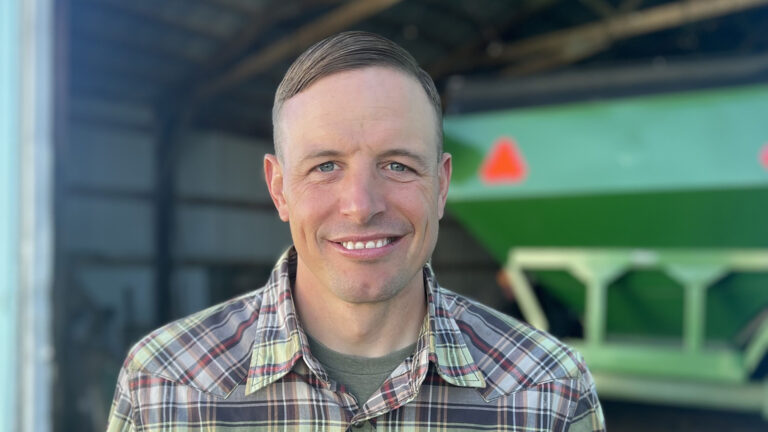
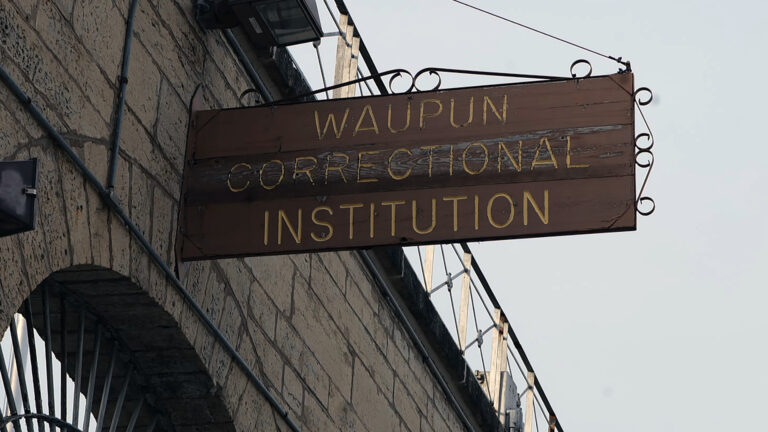
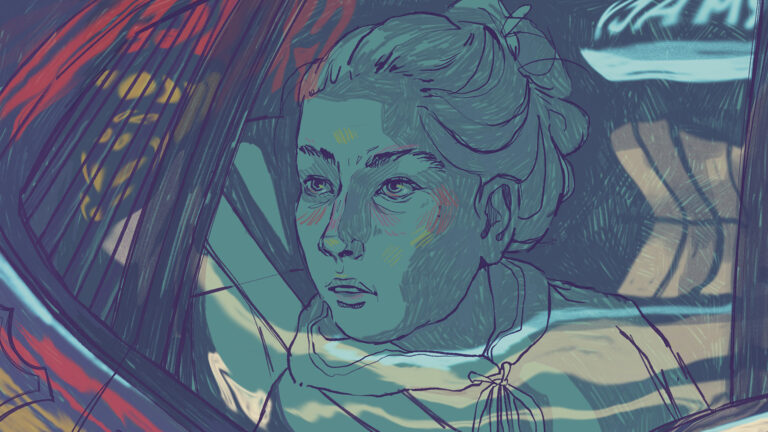
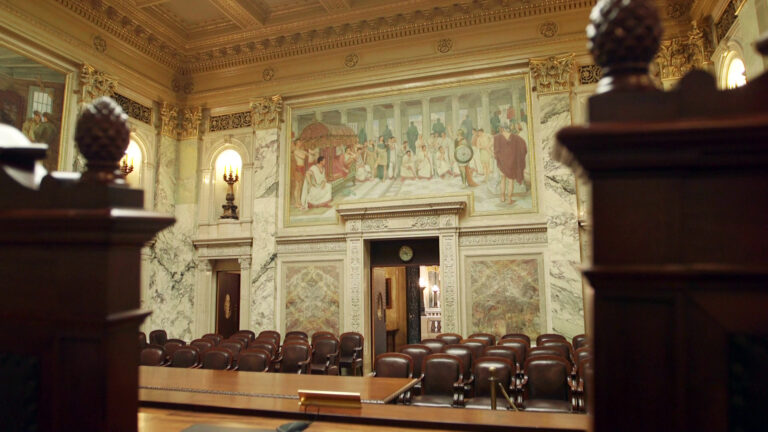
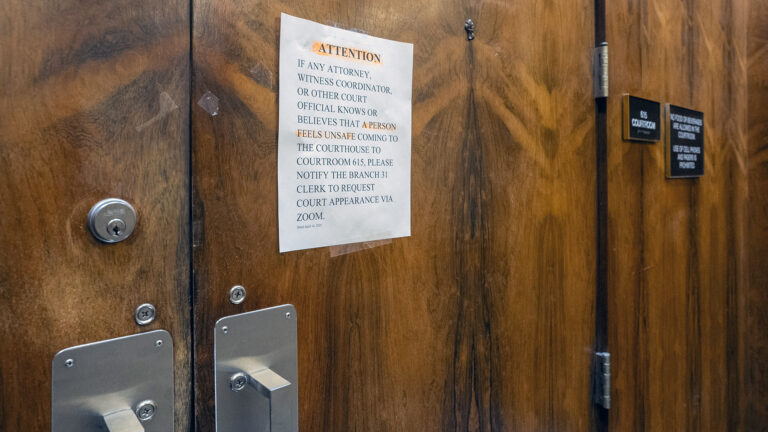
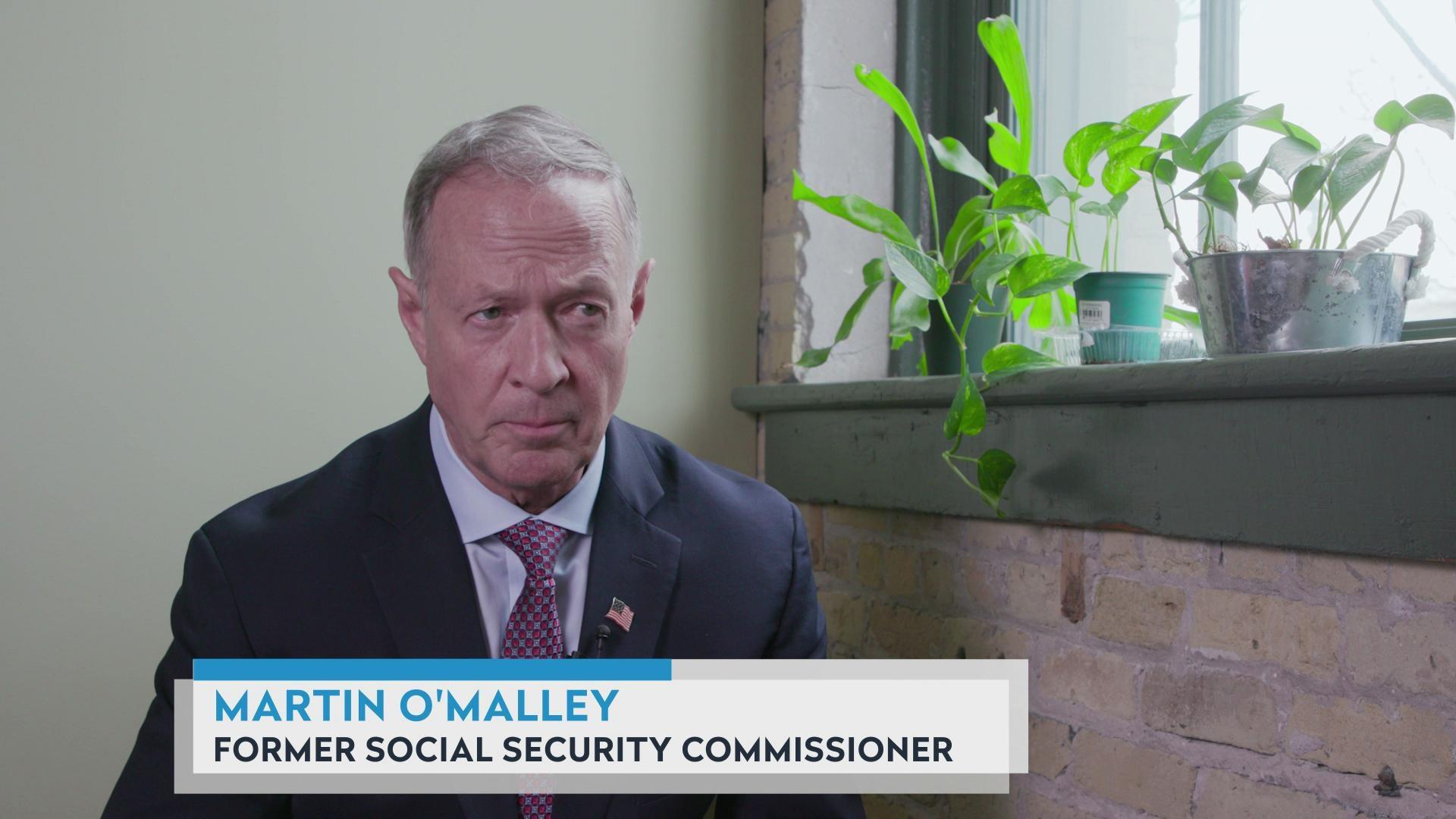
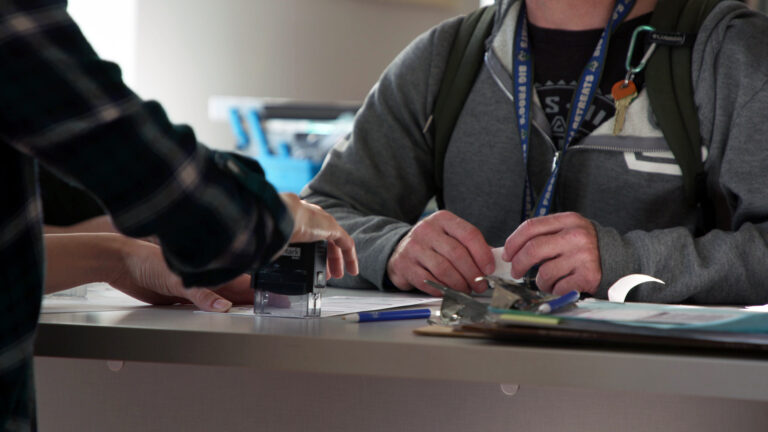
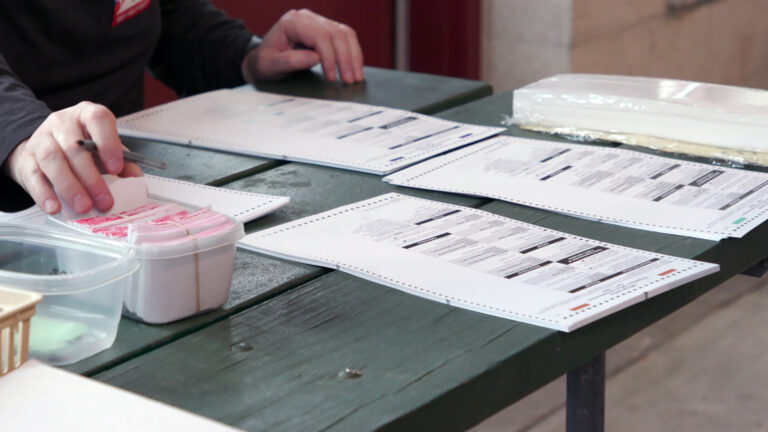
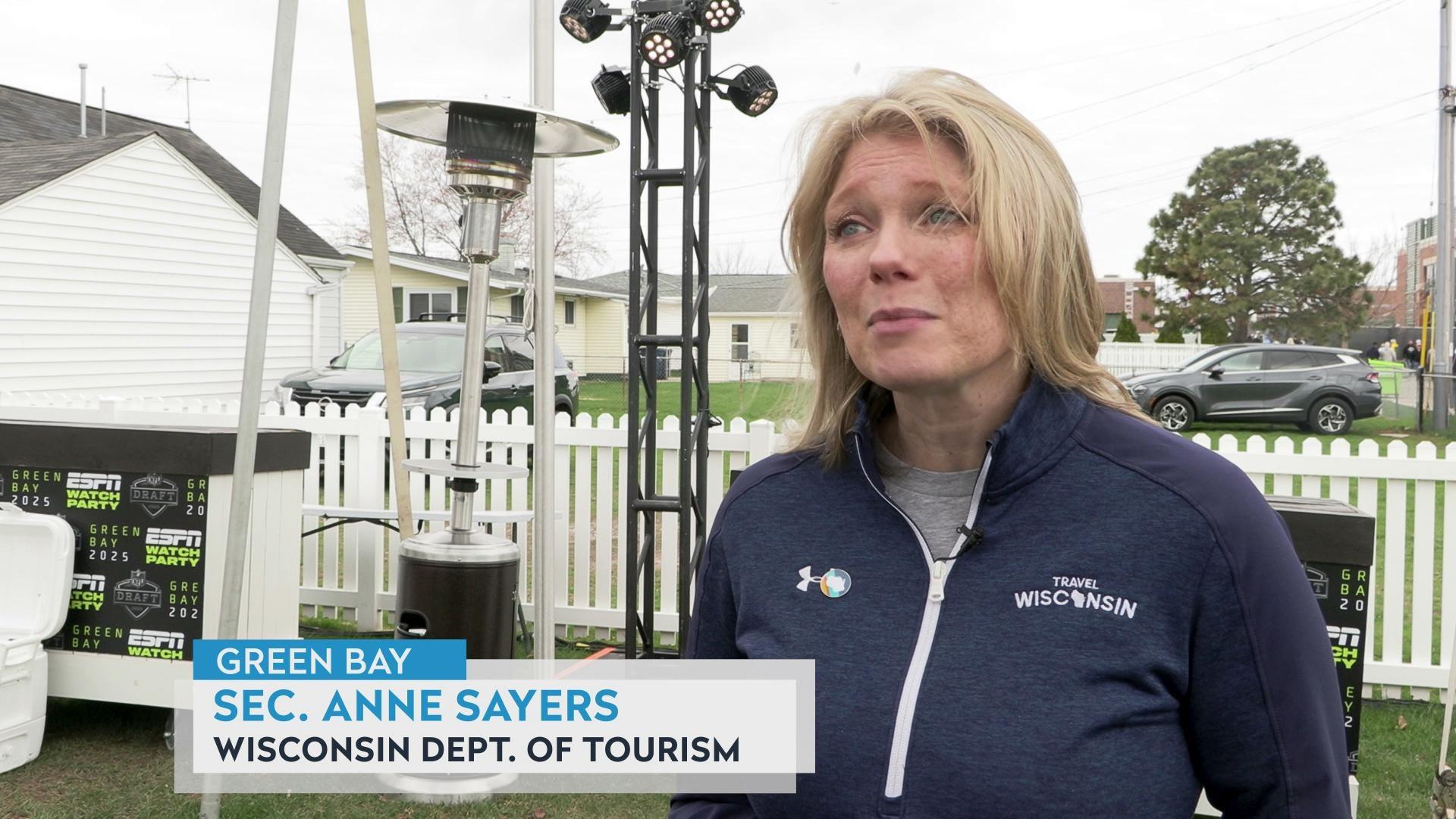
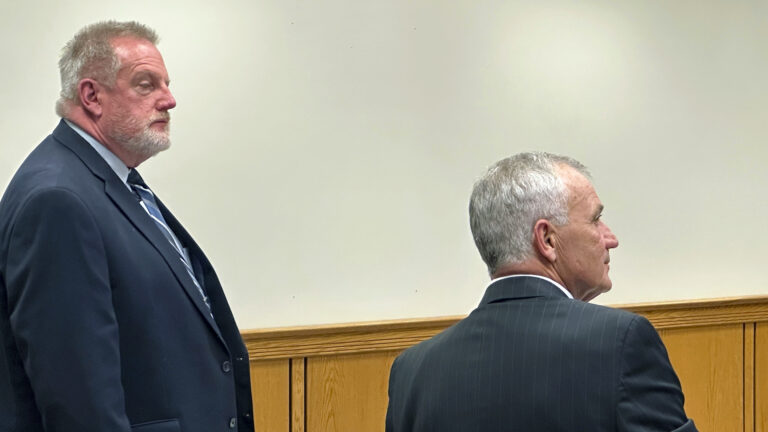
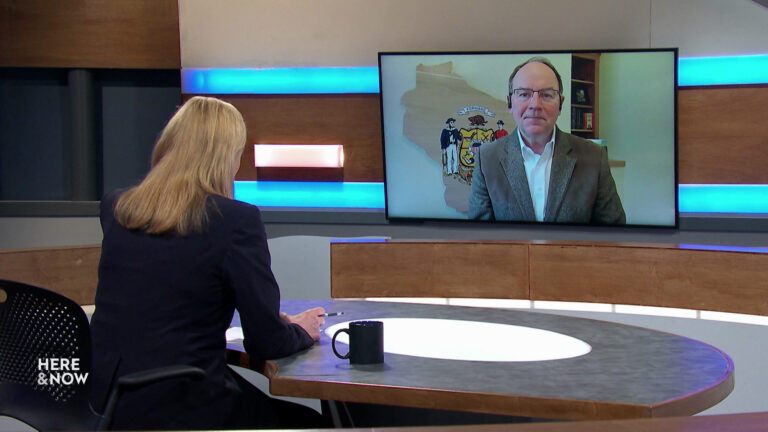


Follow Us